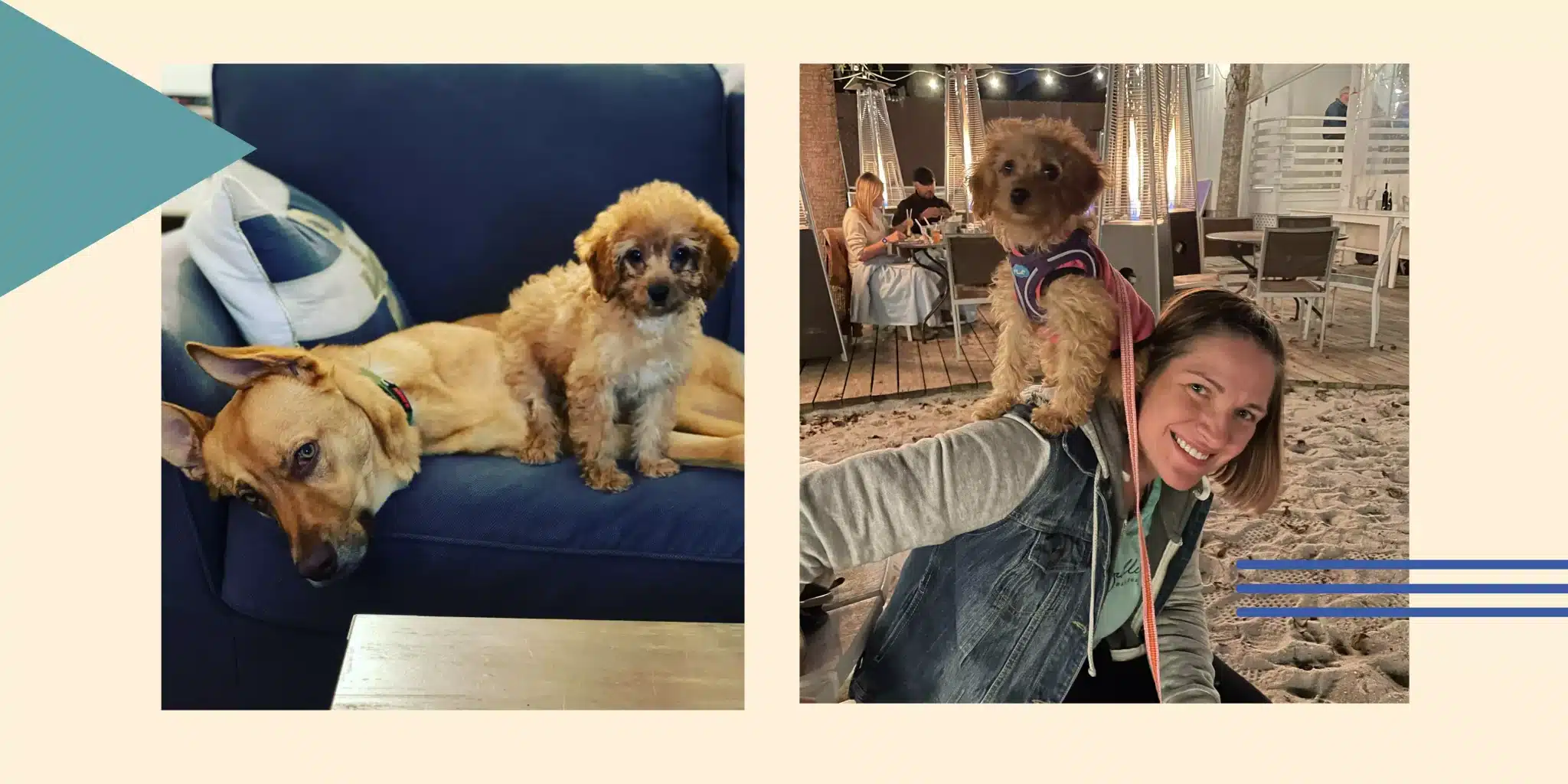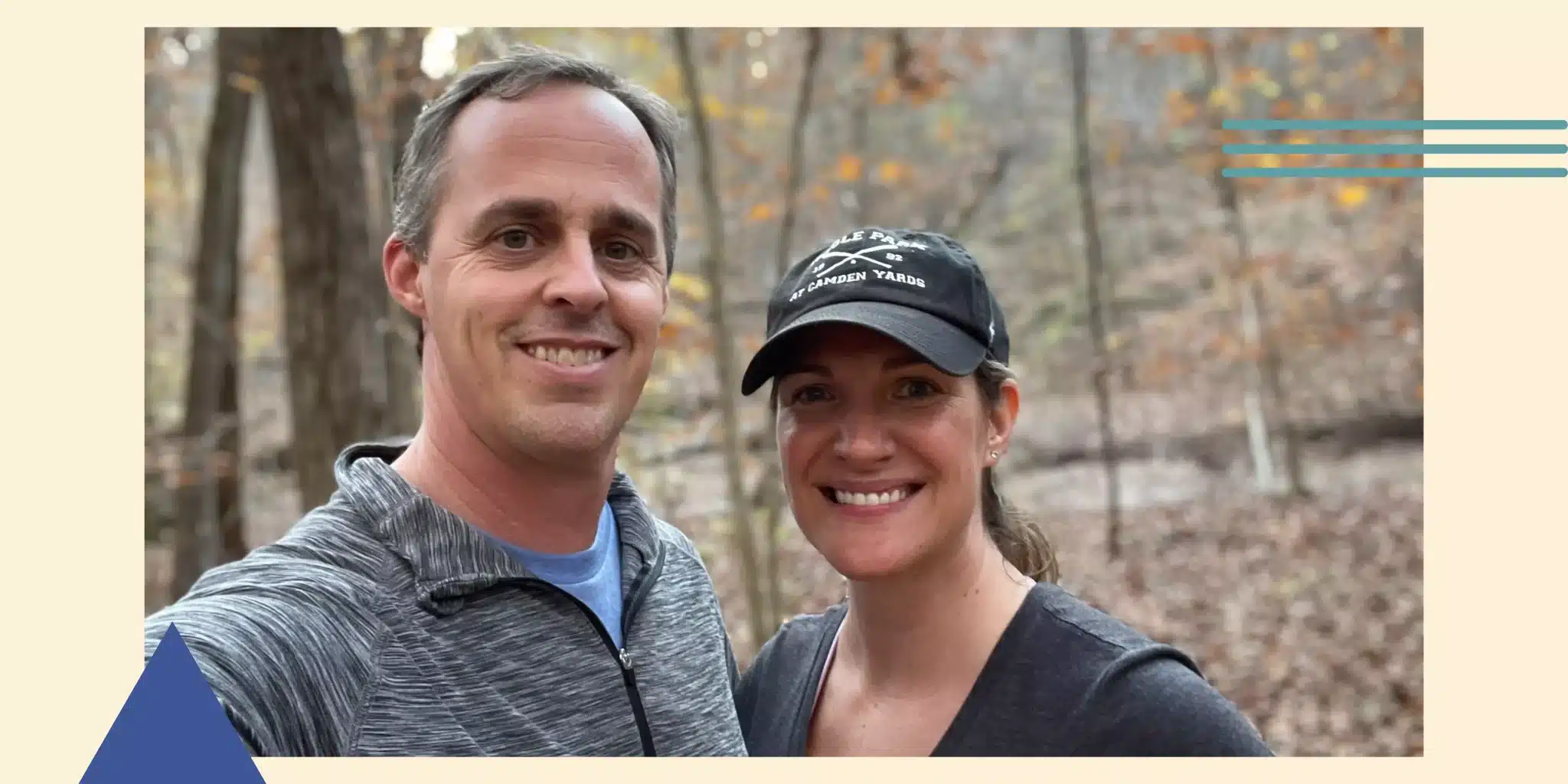Sonar, the top-rated Change Intelligence platform, recently named Sara Bush as the first-ever Head of Revenue Operations (RevOps).
Sara brings 10+ years of experience in RevOps, sales, and Salesforce consulting to her role at Sonar. Most recently, she served as the Senior Director of Revenue Operations at 15Five, where she helped scale company revenue by 4x and grew her RevOps team from one to seven people.
We recently chatted with Sara about her new role at Sonar and her love for all things RevOps. We dove into her plans for the new department, the importance of RevOps for Sonar and businesses as a whole, as well as her favorite things to do outside of work.
Read on for our conversation.
Sara, tell me about your career path.
Right before Sonar, I was 15Five’s Director of RevOps, where I built the team from the ground up. At first, the team only included an intern and me. Our department continued to grow, with another full-time employee joining us six months in. We had a robust internship program, so my team always had great support from interns as well. Eventually, we added a dedicated sales development operations person to the team to make us even more successful and efficient.
Before that, I was a Salesforce admin. I had a consulting firm for about three years. It was really cool because I got to work with different businesses and industries, walking into all of the craziness of Salesforce orgs that have been around for 20+ years.
I ended up leaving consulting because I didn’t feel like I had enough connection to the companies I was helping. I could never actually see the direct impact I had on the employees or end-users. So now, I’m super passionate about setting aside hours every month side-by-side with SDRs and sales engineers to understand what they are really going through—not just from a managerial perspective.
How do you apply all of your Salesforce Admin experience to your RevOps roles?
One of the biggest things that ends up being applicable across all projects and RevOps is taking the time to understand the why behind requests. For example, if someone asks me to create a new Salesforce report, I ask them questions to understand what the objective of the report they want to create is in order to change the business.
I push a lot on the “why” with all of my business partners for two reasons. One, there’s a chance we’ve already done it. And two, you have to think about if the data is going to be structured in a way that’s actually usable for whatever the business outcome is that you’re trying to drive. How do we make it as easy as possible for the end-user?
I try to look for all the places where we can gain efficiency in our process.
What’s your overall approach to RevOps?
It’s very much people first. The best relationships I’ve had have been through making sure that I have a really firm understanding of where each of the departments wants to go. Then I make sure that direction aligns with our company goals, and I define the lowest common denominator I can actually get everyone rallied around, so we can move towards the same thing.
A lot of the time, CS and marketing are actually trying to do the exact same thing. They’re just looking at it through a different lens. It’s important to pull out the actual business outcome everyone is driving towards and make sure that everyone knows we’re doing that. Continually reminding everyone we’re all actually trying to do the same thing is really important.
In RevOps, you have both internal customers and external customers. You have to think about both every time.
Tell me about the mentors and colleagues who influenced you throughout your career.
My last four months at 15Five were the only time I ever worked for anybody that had any operations experience. So, a lot of what I’ve done has all been self-taught.
But, I have had the opportunity to work with some great business partners. My last boss at 15Five was Kham Msiska, a finance leader. He really helped me get buttoned up on the way that I thought about RevOps, and he was extremely vocal and supportive anytime I said “no” to something.
Jim Morrisroe, who took over as the COO at 15Five, challenged me to do an assessment of what I enjoyed and what I didn’t enjoy about my work. Big surprise, it ended up that I wasn’t enjoying my work! So that’s why I left. That was so helpful from a professional growth perspective.
 Sara, what brought you to Sonar?
Sara, what brought you to Sonar?
When I worked through that job assessment and figured out all the things I wanted to get out of a job, I came up with eight bullet points and posted that list on LinkedIn. Multiple people ended up reaching out to me about the RevOps opening at Sonar.
One of the big things I was really nervous about was finding an amazing culture after my last company, which was really driven by the human element. I was so scared that I wasn’t going to be able to find that again. Turns out, that’s not true. Every single person I talked to at Sonar when I was interviewing was completely amazing. Sonar’s people are super passionate about the product.
Plus, I’ve never used the product before. So to me, getting to learn something new was exciting. The other really big thing that I was looking for was a company that understands operations is important and is willing to invest in it. I got that from every person I talked to at Sonar.
Plus, a tool that actually helps make me be more efficient when my job is normally to help make everybody else more efficient is pretty cool.
When you walk into a new org, how do you think about your order of operations?
My general process is to get to know as many people as possible and understand what their function is, what they’re passionate about, and where else they want to go. These are important things for me to learn right away.
Over the next few months, I’m focused on meeting with Sonar’s teams, hearing about everything they want to get done, cataloging it, and then going into a prioritization exercise to identify two buckets. One, where can I make a large impact very quickly that’s not disruptive, and two, what are the long-term goals and strategies for the company? How do I need to prioritize those bigger projects?
How does RevOps contribute to company culture?
It’s huge. You hear this all the time, but often marketing and sales teams aren’t aligned. That’s partly because they might not have common goals. Some of it is just legitimately not understanding your audiences—while they’re the same, they are different, and your approach is different.
I think that flows through to every relationship across the board on the leadership side. If everyone can realize we’re all headed towards the exact same goals, and I can give them visibility into why that’s important, then it’s much easier for them to help with prioritization or even to scrap a project.
What attracted you to Sonar’s company culture?
The excitement everybody seemed to have about the product and about a RevOps hire coming in was really attractive. Holy crap, these people get it!
One of the requirements I had in that LinkedIn post was—I’m going to screw up, and I really need for my next company to understand that’s okay. I’m going to do things that are going to be wrong. That’s going to happen. I of course mitigate the risk where I can fix it, where I won’t make the same mistake again. I got a lot of really great feedback and reinforcement, especially from the leadership team at Sonar, that that’s okay.
What are your best practices for ensuring your first 90 days are a success?
I’m not in execution mode yet. I’m learning. I’m learning people and processes, relationships, systems.
The only thing I’m okay with taking on early is tech stack management, just in terms of contract negotiation. I’m probably going to tell everybody no to any new tech in the first 90 days unless it’s a really good business case.
I said yes to everything when I was at 15Five and our tech stack got crazy. I didn’t want to say no because I was uneducated. Now, I feel much more confident in saying no, making it known I don’t even know the problem we’re trying to solve with new tech because I haven’t been able to examine it.
 Why is now the right time for you to join Sonar?
Why is now the right time for you to join Sonar?
I asked this question when I was interviewing. Why are you just now hiring this person? What’s the deal here? Everybody I talked to said without the dedicated focus, there’s just too many little things not quite organized or buttoned up. It’s a startup, that happens. It’s not a big deal.
This did feel to me like the right time for me to join. Sonar’s 5X ARR growth last year is pretty aggressive! All we have to do this year is double that. That feels like the right time to make sure RevOps can be the engine for Sonar, making sure things are consistent.
I have this phrase I always say: “It’s better to be consistent than it is to be right.” If we can get everybody to a level of consistency, it doesn’t matter yet whether it’s the exact right thing to do or not. This way, we can measure and make really good decisions moving forward.
What are your favorite things to do outside of work?
I love to puzzle. I did five puzzles last month and it was super fun.
I also like genealogy. I love learning about my ancestry and other people’s ancestors. I have an Ancestry.com account and I love geeking out on 23andMe.
I love music and festivals. I go to a lot of EDM festivals. I’ve been to Burning Man, Bonnaroo, and Firefly.
I currently have eight nieces and nephews. I’m very passionate about them.
I’m also obsessed with looking up national holidays, like National Pizza Day. I love looking up the current day, and I might make my decisions on where I go to eat or what I do that day based on whatever the national day is because, why not? I love celebrations!

